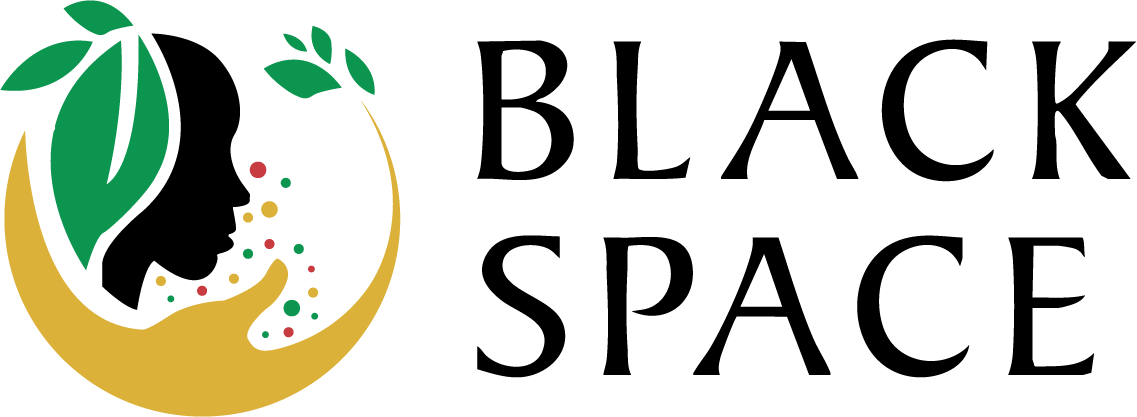Table of Contents
- What Is Postpartum Healing?
- The Hidden Emotional Wounds After Birth
- How Postpartum Shows Up in BIPOC Communities
- Healing Strategies That Honor You
- You Are Not Alone — We See You
So You Just Had a Baby…
Everyone tells you it’s the most beautiful time of your life. But in between feedings, tears (yours and the baby’s), late-night Google searches, and trying to recognize the person you used to be, things can feel far from beautiful.
The truth is: healing after pregnancy isn’t just physical. It’s mental. It’s emotional. It’s spiritual. And it’s rarely talked about in spaces that center Black and Brown women. So let’s change that. Let’s talk about what postpartum healing really looks like — and how to get through it with care, not shame.
What Is Postpartum Healing?
Postpartum healing refers to the physical, emotional, and psychological recovery process after giving birth. While many associate this phase only with bodily recovery, the mental and emotional shifts are often deeper and longer-lasting.
Hormonal changes, identity shifts, relationship dynamics, and sleep deprivation all converge, creating a storm that’s hard to describe — but very real. And yet, too often, society encourages women to “bounce back” instead of just… breathe.
The Hidden Emotional Wounds After Birth
Emotional postpartum pain is frequently overlooked. You may feel:
- Disconnected from your body, your baby, or your partner
- Guilt or shame for not “loving every minute”
- Overwhelmed by the weight of new responsibilities
- Anxiety about doing everything “right”
- Mourning your old identity or freedom
These feelings are valid. You are not “ungrateful” or “broken.” You are human — and healing.
How Postpartum Shows Up in BIPOC Communities
For Black and Brown women, postpartum healing is often compounded by:
- Medical bias and neglect
- Generational trauma and expectations of strength
- Limited access to culturally informed mental health care
- A lack of safe spaces to be vulnerable without judgment
Many women in our community feel like they have to “keep it together” because asking for help is seen as weakness. But we reject that narrative at Black Space Therapy. Vulnerability is not weakness — it’s the first step to healing.
Healing Strategies That Honor You
Here’s how you can begin to reclaim your postpartum journey:
✨ Normalize Rest
Rest is not lazy. Rest is sacred. Prioritize recovery over routine.
🧠 Seek Therapy Early
You don’t have to wait for a crisis to seek support. Therapy can be a space to process your identity shift, your fears, and your emotions in a judgment-free environment.
🌿 Reconnect with Your Body
Gentle movement, breathwork, or even simply placing a hand over your heart while repeating affirmations like:
“I am healing. I am safe. I am loved.”
👭 Build Your Circle
Surround yourself with people who see you — not just the baby. Whether it’s a friend, a doula, or a therapist, you deserve a support system.
You Are Not Alone — We See You
Postpartum isn’t always about glowing cheeks and picture-perfect swaddles. Sometimes it’s about sitting in the dark, unsure of who you are now. And that’s okay.
At Black Space Therapy, we are here to help you make sense of it all — with compassion, cultural understanding, and tools that support the whole you.
💛 Let’s Heal Together.
Book a free 15-minute consultation with a culturally competent therapist at

